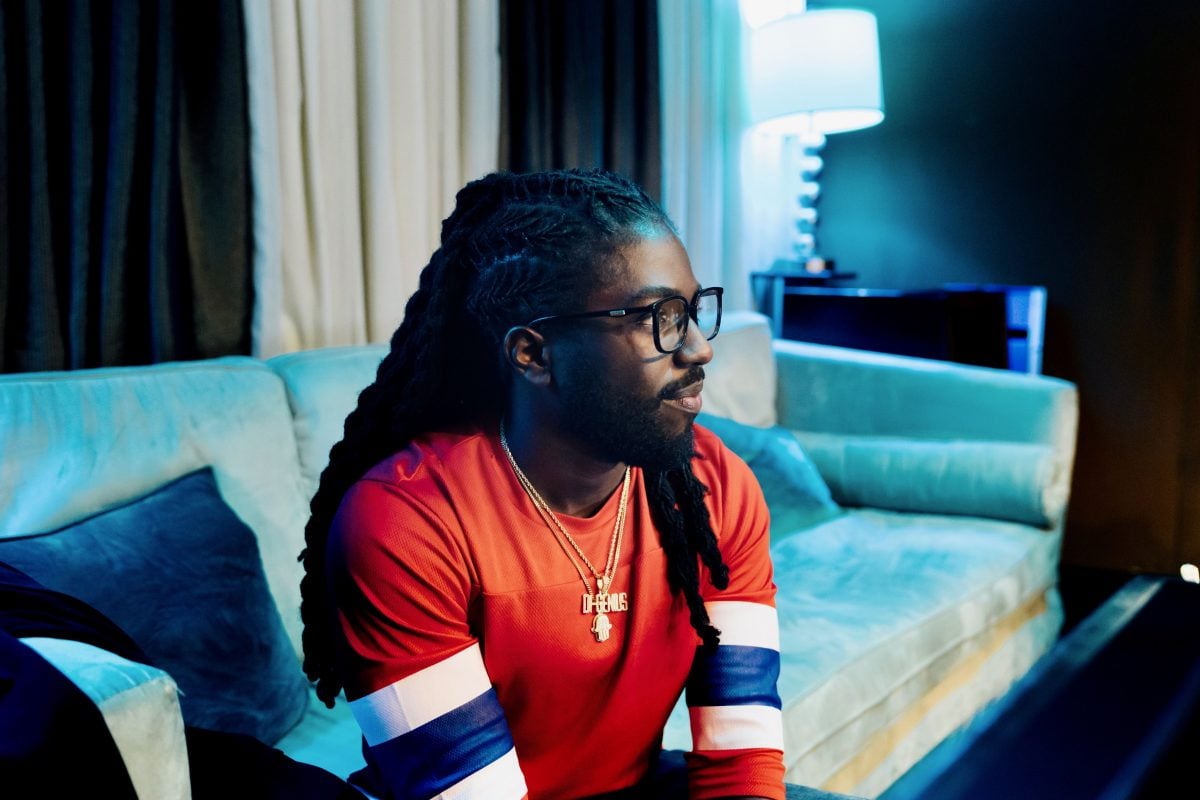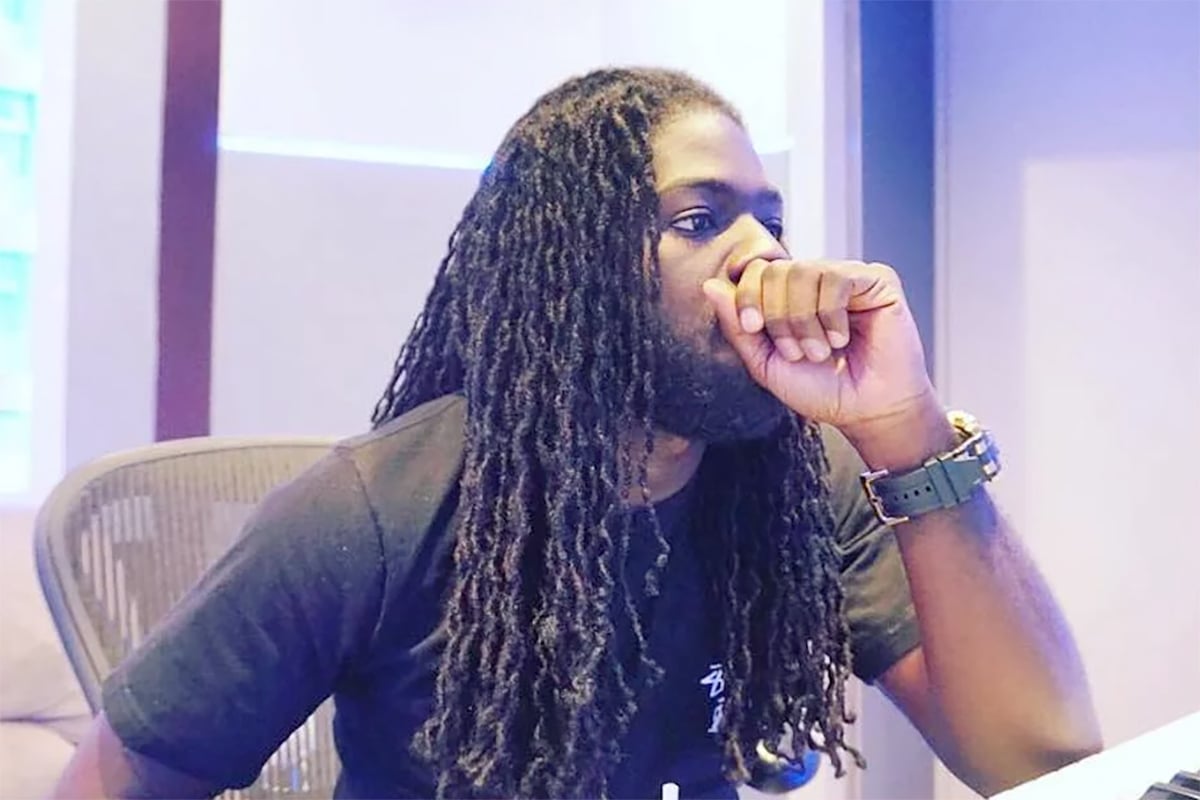Di Genius Speaks On Dancehall’s Influence And How Young Artists Are Redefining Success In Jamaica

Jamaican producer Stephen ‘Di Genius’ McGregor recently weighed in on the decades-long debate over Dancehall’s influence on society. Speaking with Donovan Watkis, the son of Reggae veteran Freddie McGregor also discussed why graphic content spreads and how young artists are redefining success in Jamaica.
Near the beginning of the interview, Watkis asked McGregor about his involvement in the Gully-Gaza conflict in the mid-to-late 2000s. As McGregor reflected on his post-feud song Cyaa Friend Again (2010), Watkis asked if he thinks that “the music is more violent nowadays.”
McGregor replied, “You have people who are coming from a different time where some of the things now seem very extreme, but I feel as though music is ever-changing, and so is the real world around us, too. People are usually quick to point at the music influencing the reality around us and nobody really takes account for the reality influencing the music and influencing how the people now are acting.”
McGregor then added, “For songs to get popular…[artists] have to be doing something that’s relatable.”
He explained, “Even if an artist sings the most crazy song with the most violent lyrics, the artist can’t force somebody to like it. There has to be something relatable. When [Skillibeng] says ‘Whap Whap’ or Brysco says ‘Ensure,’ the songs don’t work because they’re funny and people want to laugh after them. They work because there’s something happening why it’s relatable.”
The songs that McGregor referenced – Skillibeng’s Whap Whap with F.S. and Brysco’s Code – have exploded in popularity in recent months. They’ve also become lightning rods for moral outrage. So much so that Jamaican Prime Minister Andrew Holness felt compelled to reassure a crowd of wary constituents that these songs “can’t define us.”

Jamaican voters aren’t the only ones on edge. After fans let loose gun salutes at a recent Skeng concert in Guyana, the country’s government decided that this strain of Dancehall is more trouble than it’s worth. “We will not sign off on any such artist or any artist who has a record of promoting vulgar and lawless behaviour including the firing of gunshots in public places. We reject it completely,” said Guyana’s Minister of Home Affairs Robeson Benn.
Notably, Guyana’s state-owned National Communications Network also briefly banned Vybz Kartel from radio airwaves in 2011, with a spokesman for the network claiming at the time that the artist’s music added “nothing positive” to the entertainment industry.
While critics have long argued that Dancehall’s dominant themes foul the public consciousness, Stephen McGregor noted that the issue of influence runs deeper.
“Everything is not in a bubble,” he said. “Like Jamaica now, we a see some violence that’s beyond things weh we ever see before. It’s not saying it’s okay or that it’s good or bad, but we can’t single out the youth dem or the music or just one part of it and be like, blame this and don’t look at anything else.”
Later, McGregor discussed the changing measures of success in Jamaican music.
“The yout dem probably more successful now than a lot of the success in the past,” he said. “Most of the songs with crossover success have always been songs with muscle behind them. Dem yout yah now a voice a song inna dem bathroom, it buss pon YouTube, then dem fly out and do show, and thousands of people are seeing it. Dem own dem masters, dem come back, and dem have a bag a money.”
He continued: “That, to me, is true success. Moreso than a label sign you to this bad deal where you life mash up forever, but all you can say is yeah but mi did deh pon Billboard (charts). The measures of success is different.”
McGregor’s interview with Watkis arrived shortly after the release of Jada Kingdom’s song GPP, which features production by Di Genius. He’s also featured in the official music video, released on August 8.
GPP also marks the latest entry in a recent string of collaborations between Kingdom and McGregor. The song was preceded by Next Time and is to be followed by Speaking In Tongues, a track on John Legend’s forthcoming album, LEGEND.
